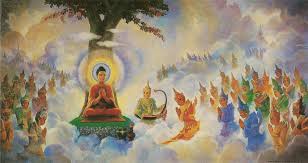Scott Ferguson
PhD Candidate, Philosophy of Religions
Descartes, Boyle, and (Early) Kant on Physico-Theology and the Existence of God
Wednesday, October 4, 4:30pm, Swift 208
Physico-theology – the attempt to infer God’s existence and concept from nature – has an equivocal position in both Kant and Descartes. Kant consistently praises the beauty of the physico-theological (nee “cosmological”) proof for God’s existence, except that he never grants it any independent validity. Descartes explicitly rejects final causality, seemingly ruling out any theistic proof from nature’s purposiveness, except that Robert Boyle can fairly convincingly show room for just such a proof within Descartes’ thinking. Beyond just laying out the texts, I want to suggest that the reason for these obscurities may be that the basic concepts of physico-theology have just never been clarified – that this sense of “nature,” as an ontological field(a way for entities to be), has never been adequately characterized, nor explored in terms of its link (which I will try to show) to sensation and the union of mind and body.
Refreshments will be served
The Workshop on the Philosophy of Religions is committed to maintaining itself as a fully accessible and inclusive workshop. Please contact Workshop Coordinator Matthew Peterson (mjpeterson@uchicago.edu) in order to make any arrangements necessary to facilitate your participation in workshop events.

